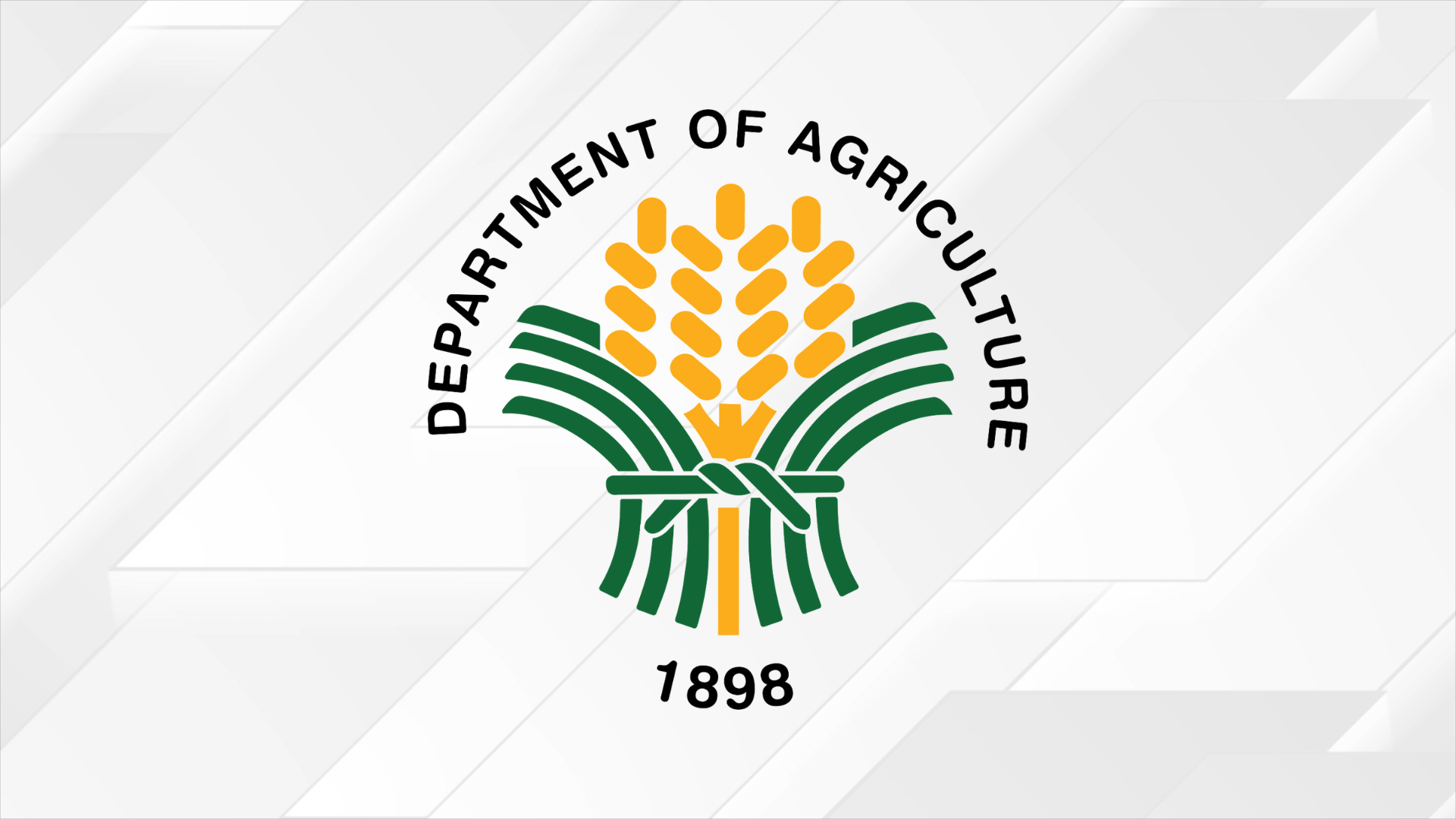DA temporarily bans import of live cattle, buffalo from Japan

The Department of Agriculture (DA) temporarily banned the entry of imported live cattle and buffalo originating from Japan to protect the local industry from Lumpy Skin Disease (LSD).
“There is a need to prevent the entry of [the] LSD virus to protect the health of the local cattle and water buffalo population,” the DA said in Memorandum Order No. 57.
According to the World Organization for Animal Health, LSD is a viral disease affecting cattle and water buffalo, characterized by skin nodules, fever, and other symptoms.
READ: Importation of bovine by-products OK’d despite ban on live cattle
This animal disease can lower milk production temporarily and cause temporary or permanent sterility in bulls, damage to hides, and death on some occasions.
Article continues after this advertisementWith the import ban in place, the DA prohibited the importation of live bovines and water buffaloes, including semen and embryos.
Article continues after this advertisementHowever, importers can bring in other commodities as long as they meet the respective requirements and the country’s import terms and conditions.
Certain products and by-products, however, are excluded from the import restriction.
For instance, skeletal muscle meat, casings, gelatine and collagen, tallow, hooves, and horns can be imported since these are considered “safe commodities.”
Milk and milk products can also be sourced from abroad, provided that the international veterinary certificate includes an additional attestation stating that these commodities underwent pasteurization or any combination of control measures.
The ban also excludes meal and flour from blood, meat other than skeletal muscle or bones from bovines, and water buffaloes.
Importers only need to present a certification attesting that the products were processed using the heat treatment and that necessary precautions were taken.
Hides of bovines and water buffaloes can be purchased overseas if the animals have undergone ante- and post-mortem inspections as well as dry- or wet-salted for a period of at least 14 days before dispatch.
Furthermore, they were treated for at least seven days in salt and 2 percent sodium carbonate was added. They were dried for at least 42 days, and necessary precautions were implemented.
Meanwhile, other products of bovines and water buffaloes can be procured as long as they are processed to kill the virus and precautions are conducted to avoid contact with any potential source of LSD.
The DA imposed the temporary import ban after Japanese authorities informed the WOAH of an LSD outbreak in Maebaru, Fukuoka affecting domestic cattle.